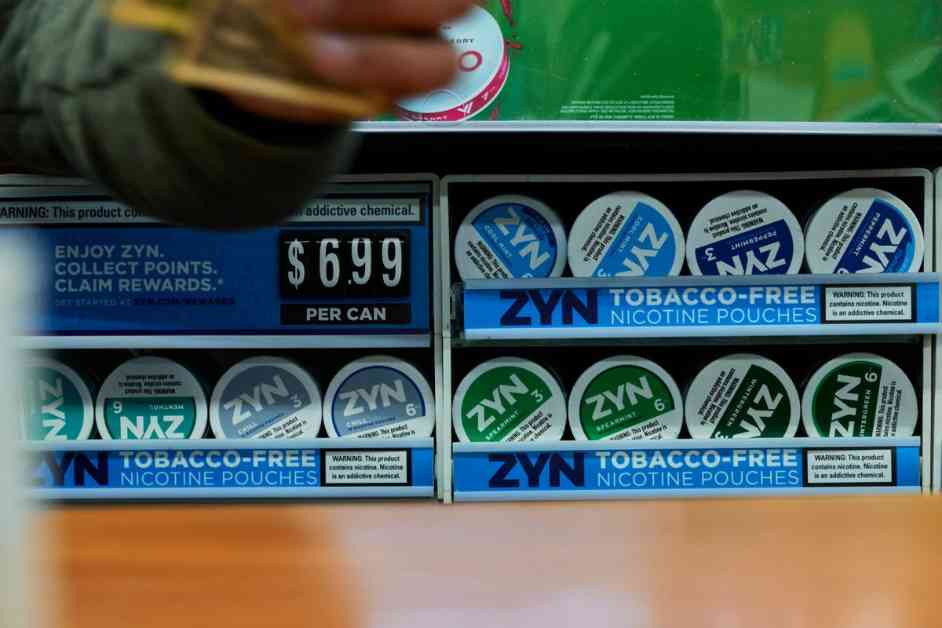FDA Onaylı ZYN Nikotin Poşetlerinin Sağlık Etkileri
Nicotine pouches have emerged as a popular alternative for those looking to steer clear of traditional tobacco products, with ZYN leading the pack in the U.S. market since 2014. This month, the U.S. Food and Drug Administration (FDA) granted authorization to 20 ZYN products, marking a milestone for the brand. While not a full approval, this move allows ZYN to continue offering its nicotine pouches in various flavors. The FDA’s decision was met with mixed reactions, with some experts, like Jasjit Singh Ahluwalia from Brown University, considering it overdue.
The rise of nicotine pouches has sparked a debate over their efficacy and potential health risks. As a top-selling oral nicotine brand, ZYN has drawn attention to the issue of underage use. Despite strict regulations, concerns remain about the influence of social media influencers on young adults. Philip Morris International, the parent company of Swedish Match, responsible for ZYN, emphasizes responsible marketing practices to limit access to adults over 21.
Nicotine pouches function by delivering nicotine through a powder of nicotine salts, flavors, and fillers. Users typically place the pouch between their gums and lips, allowing the nicotine to absorb through the mouth’s mucosal lining. This method aims to replicate the nicotine delivery of cigarettes, making it a potential tool for curbing cigarette use. Studies suggest a significant proportion of users have successfully switched to nicotine pouches from traditional tobacco products.
While nicotine pouches offer a reduced risk compared to cigarettes, they are not without drawbacks. Short-term side effects include increased heart rate and digestive issues. The long-term health implications of these pouches are still under scrutiny, as more research is needed to assess their impact on users. The FDA’s authorization of ZYN signals a step in the right direction for regulating these products and ensuring their responsible marketing.
As the popularity of nicotine pouches continues to grow, questions about their health risks and effectiveness persist. While evidence suggests they may provide a safer alternative to smoking, concerns about addiction and potential side effects remain. The FDA’s ongoing monitoring of these products will be crucial in safeguarding public health and addressing any emerging challenges.















